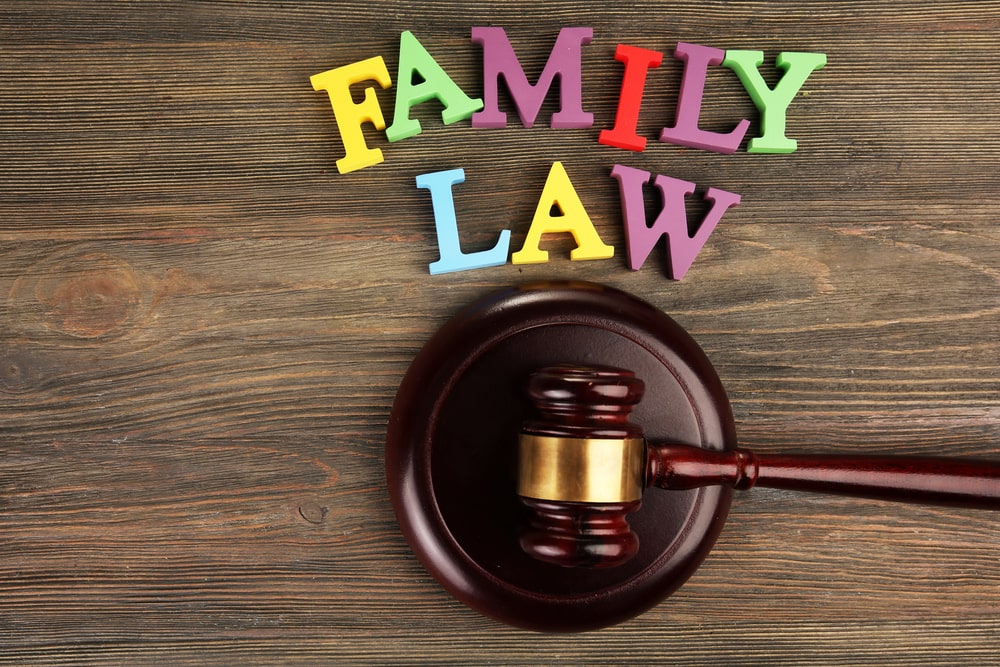Do’s and Don’ts of Custody Mediation in California

Child custody disputes do not need to end up in protracted court battles between parents. In most cases, disputes can be resolved using alternative dispute methods, such as mediation, making litigation unnecessary.
However, emotions must be kept in check during mediation. Adequate preparation for the process, knowing how to approach mediation sessions, and avoiding the most common mistakes will improve your chances of a successful outcome.
Let us begin by considering the child custody mediation process and what not to say in mediation sessions in California.
The mediation process in California
During child custody mediation, the parents meet with a trained, independent mediator to attempt to facilitate a parenting agreement between them. Child custody lawyers may also attend these meetings.
Child custody is generally a complex matter involving strong emotions, so multiple sessions may be required to resolve matters.
The mediator will guide discussions between the parents and seek mutually beneficial solutions to the outstanding issues. The mediator cannot provide legal advice but can explain the legal consequences of any decisions regarding parenting and visitation schedules, decision-making authority, and other major custody and parenting issues.
This process is usually considerably faster than asking the California courts to decide. Importantly, too, parents retain decision-making authority during child custody mediation. The mediator simply tries to facilitate an agreement.
Mediated matters remain confidential, and parents can often preserve their relationship for the benefit of their children, which is generally preferable to an adversarial court battle for all concerned.
If successful, the mediator can assist with drawing up an agreement, which the spouses’ respective lawyers should review before it is signed and submitted to the court.
What you should not say in a child custody mediation
As you prepare for child custody mediation, the following are some of the main things to avoid saying.
“It’s your fault that…”
Blaming or using accusatory language has no place in mediation and your mediator will call you out for it. A mediation session is not for pointing fingers or expressing negative opinions about your spouse or his/her behavior. This could simply deepen the dispute and the divisions.
Instead, remain courteous and respectful. That will provide the best chance of a positive outcome.
“My children…”
Possessive language like “my” and “mine” is best avoided when referring to your children if you are hopeful of a joint parenting agreement with your spouse.
Try to make your co-parent feel like a valuable part of the process of caring for and nurturing your children even though you have separated. The children should be at the center of all the decisions you make in divorce—and it helps to use language like “our children” and “we should…”
“I want…” or “You can have…”
Refrain from making demands or promises during the mediation process. Phrases like “I want the kids to stay with me” or “You can have the car” are unnecessary and could be disruptive to the process.
You are likely only in the early stages of discussing a parenting arrangement that can work for everyone—but most importantly your children. Allow the mediator to guide conversations and explore solutions without you making promises or demands, which might lead to frustration or disappointment later.
“You never looked after the children…”
Remain focused on the future and avoid talking judgmentally about past issues or making comparisons between how you and your spouse cared for the children or raised them.
Such comparisons could create deeper divisions that will make it more challenging for the mediator to bridge during the mediation sessions.
Keep your children’s best interests front and center—and that requires looking to the future.
“I’ll see you in court”
Being aggressive and using inflammatory language could backfire and is certainly not conducive to a successful outcome in child custody mediation.
Raising your voice, constantly interrupting, threatening your spouse, or promising to leave them with nothing is likely to bring a premature end to a session.
It is good to bear in mind the following advice during mediation: “Love your children more than you hate your ex and everything will work out the way it’s supposed to.”
How your child custody mediation can be a success
Now you know what NOT to say during child custody mediation, let us consider a few best-practice tips for a successful mediation session.
These are some DOs in brief:
- Be on time
- Treat the meeting(s) seriously
- Prepare for the session and understand the rules
- Do not be too casual, e.g., dress well
- Be polite, courteous, and respectful always
- Listen actively to your co-parent and the mediator throughout
- Only talk about the child custody issues on the table—no other marital issues
- Try to keep your emotions in check and remain calm and positive
- Communicate using “I” statements rather than accusatory “You” statements
- Seek common ground rather than further division
- Be open to creative solutions and compromise
- Keep the best interests of the children front of mind
How to prepare for child custody mediation
You can increase the likelihood of successful child custody mediation by making a few simple preparations for the sessions, as follows:
1. Draft a possible parenting plan
Work on a parenting plan that covers parenting time schedules, legal custody, and physical custody. These are the main elements of how parents ordinarily share responsibilities and time with their children.
When drafting your parenting plan, consider the following:
- How will you divide time during weekdays, weekends, and holidays?
- How will you allocate approximately equal time for both parents with their child(ren)?
- How will you make major decisions about the child(ren)’s upbringing, education, healthcare, and welfare?
- Where will the child(ren) primarily live?
2. Gather essential documents
You will need a variety of documentation for mediation, which will allow the mediator to assess the current situation when facilitating discussions about possible solutions.
Try to locate documents that cover the following:
- Current family commitments, such as calendars showing work schedules, the children’s school calendars, and extracurricular activities.
- Interactions between you, your child, and the other parent, such as a journal, which can support your proposed parenting plan.
- Income, child-related expenses, and any financial agreements (especially if you need to discuss child support during mediation).
- School fees, medical expenses, and extracurricular activity expenses—again for a full financial picture when making child support decisions.
3. Explore scheduling ideas
Part of successful mediation is being open to compromise and flexible solutions. With this in mind, before the child custody mediation sessions begin, you might like to investigate the following:
- Tools that help you visualize parenting schedules
- Calculators for timesharing so that accuracy and fairness can be maintained
- Alternative scheduling proposals
The family attorneys at The Sands Law Group APLC, in Los Angeles, can help with child custody mediation. Contact us or call 213-788-4412 today for a free 15-minute phone consultation about your case.








